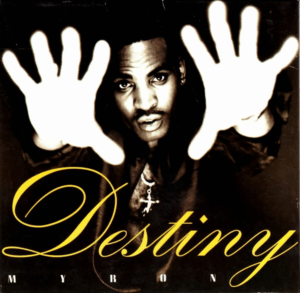
Second Listen Sunday: Johnny Gill, “Chemistry”
From his early days in the family group Wings of Faith, Mr. Gill was born to make music. However, as R&B fans know, Johnny Gill’s initial release with Atlantic Records failed to make a significant impact when it first came out. The 1983 self-titled debut showed a strong voice struggling to adapt to a studio that couldn’t properly utilize its power.





